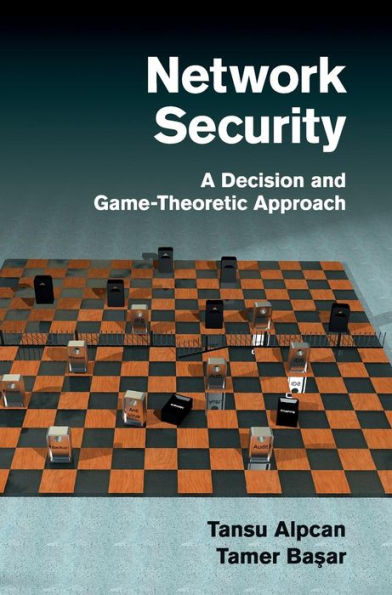Home
Game-Theoretical Semantics: Essays on Semantics by Hintikka, Carlson, Peacocke, Rantala and Saarinen / Edition 1
Barnes and Noble
Game-Theoretical Semantics: Essays on Semantics by Hintikka, Carlson, Peacocke, Rantala and Saarinen / Edition 1
Current price: $169.99


Barnes and Noble
Game-Theoretical Semantics: Essays on Semantics by Hintikka, Carlson, Peacocke, Rantala and Saarinen / Edition 1
Current price: $169.99
Size: OS
Loading Inventory...
*Product information may vary - to confirm product availability, pricing, shipping and return information please contact Barnes and Noble
This book is a collection of studies applying game-theoretical concepts and ideas to analysing the semantics of natural language and some formal languages. The bulk of the book consists of several papers by Hintikka, Carlson and Saarinen and discusses several of the central problems of the semantics of natural language.
The topics covered are the semantics of natural language quantifiers, conditionals, pronouns and anaphora more generally. Hintikka’s famous essay presenting examples of "branching quantifier structures" in English, as well as one formulating his "any-every thesis", are included. The book also includes Hintikka’s closely argued philosophical discussion of the relationships between the new semantical games with the language games of Wittgenstein. Other papers apply the game-theoretical approach to formal languages including tense logics and tense anaphora (Saarinen), deontic logic and Ross’ paradox (Hintikka), and usual predicate logic (Rantala). The latter amounts to an explication of the "impossible possible" worlds as is shown in Hintikka’s concluding paper.
The topics covered are the semantics of natural language quantifiers, conditionals, pronouns and anaphora more generally. Hintikka’s famous essay presenting examples of "branching quantifier structures" in English, as well as one formulating his "any-every thesis", are included. The book also includes Hintikka’s closely argued philosophical discussion of the relationships between the new semantical games with the language games of Wittgenstein. Other papers apply the game-theoretical approach to formal languages including tense logics and tense anaphora (Saarinen), deontic logic and Ross’ paradox (Hintikka), and usual predicate logic (Rantala). The latter amounts to an explication of the "impossible possible" worlds as is shown in Hintikka’s concluding paper.


















